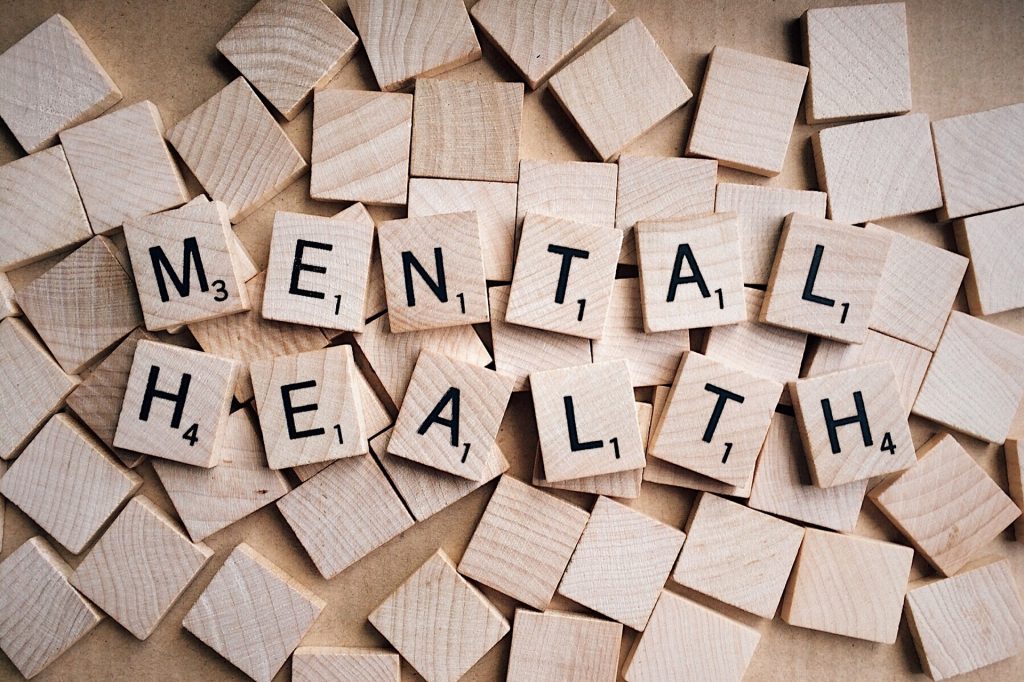Mental health conditions are so common that one in four people is likely to suffer from a mental illness at some point in their lives. In other words every family is likely to have a person suffering from some form of mental health condition. A mental illness disrupts a person’s health and wellbeing leading to varying levels of dysfunction and adverse impact on the individual. This disruption leads difficulties in coping with life stresses, relationships, work and other pursuits of normal life.
It is estimated that 25% of all outpatient clients and 40% of inpatient clients in Kenya’s health facilities suffer from a mental health condition. There is low detection rate among healthcare workers meaning that most of these conditions are not diagnosed, which result in poor health outcomes and increased healthcare costs. Patients with chronic physical conditions like diabetes, cancer, HIV/AIDs and arthritis show improved rates of recovery when their mental health care is included in their management. Thus the essence of integrating mental health and psychosocial support in all aspects of healthcare provision. Cognizant of this need mental health and psychosocial support that has always been part of HIV/Aids management has been strengthened in recent guidelines.
Persons living with mental health condition face stigma in our communities. The stigma arises from cultural myths and misconceptions and is sustained by a lack of knowledge and negative attitudes. The beliefs that mental illnesses are a result of personal failure, family curses and spiritual entities have no basis in science. There is however evidence that stigma and discrimination is a barrier to access of mental health services. The other barriers include a lack of mental health services in the health system.
The ministry of health is working to break the vicious cycle in the mental health systems. We have enacted a progressive mental health policy that recognises the primacy of mental health in the health system and emphasises a rights based approach to mental health care. The inclusion of mental health in the Universal Health Coverage (UHC) is testament to a shift of paradigm. Further, we have constituted a mental health task force which will study the current needs in the mental health system and advise the Cabinet on transformative strategies for tackling the needs.
The ministry also partnered with stakeholders to organise the inaugural mental health conference in November 2019. The conference deliberations resolved on key resolutions on the necessary commitments to improving mental health. We have adopted the resolutions and will merge them with recommendations of the mental health task force. The ministry of health supports the current process of making Mathari National Teaching and Referral hospital a semi-autonomous government agency to help it acquire the requisite financial and human resources to operate as a centre of excellence in provision of referral services, training and research.
In partnership with World Health Organization (WHO) we are implementing the QualityRights mental health initiative aimed at transforming mental health and social services and to promote human rights of people with mental health conditions or psychosocial, intellectual and cognitive disabilities. The QualityRights mental initiative will be instrumental in building capacity among mental health professionals and other health workers, people with lived experience, families, carers, policymakers and other stakeholders on how to implement a human rights and recovery approach in the mental health and social care services in line with the Convention on the Rights of Persons with Disabilities. Through the QualityRights Initiative, people with mental health conditions, psychosocial disabilities and intellectual or cognitive disabilities will experience better health outcomes and respect for their rights in all aspects of their lives. The initiative, there will be significant shifts in attitudes and practices among stakeholders, towards promoting holistic and people centered care and services and on ending practices based on the use of coercive treatment and other violations of human rights.
There are compelling reasons for increasing our investment in mental health. These include a high return on investment in the overall health and socioeconomic outcomes which is estimated as fivefold. The investment is a constitutional obligation in which every Kenyan is entitled to the highest standard of health.
We urge all Kenyans to adopt a culture of mental wellness in their homes, communities, schools, places of worship and work places. At the health facility level our policy is to integrate mental health services into existing health services. There is no doubt that every health worker is a mental health worker, every health facility should provide essential mental health services and there is no health without mental health.

